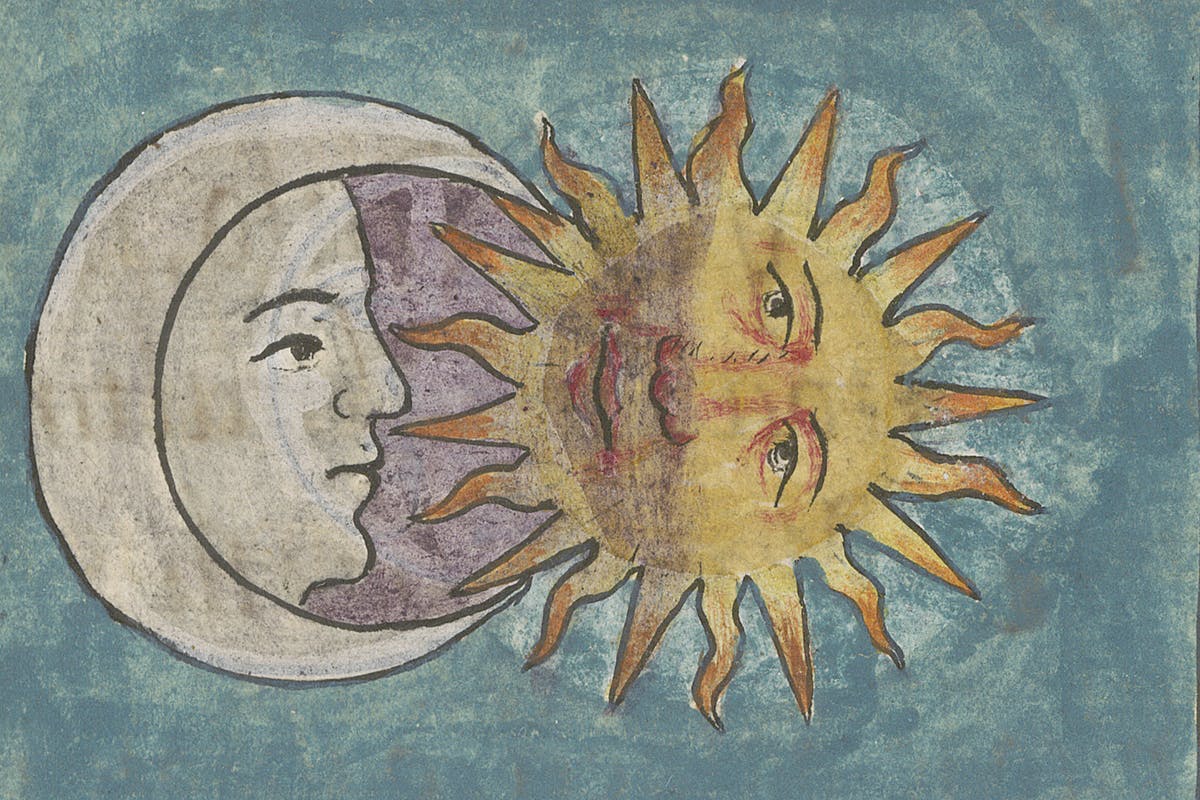The Life Journey of a 400-year-old Guqin: Learning about China from its Four Well-documented Owners
A beloved guqin instrument often has a name, the date it was crafted, the names of the craftsman and his patron, and those of subsequent prominent owners incised onto its back board, thus giving the instrument a concise “biography.”
Wednesday, Nov. 2, 11 a.m.
Free

A beloved guqin instrument often has a name, the date it was crafted, the names of the craftsman and his patron, and those of subsequent prominent owners incised onto its back board, thus giving the instrument a concise “biography.” This talk concerns a guqin named “Pines in Ten Thousand Valleys” 萬壑松, which I acquired in 1980. It was crafted in 1640 and passed along by four eminent owners, who lived in the 18th, 19th, and 20th centuries. The talk will give a description of the instrument and its provenance and introduce the four owners, who spanned the greater part of the Qing dynasty (1644–1910) and the Republic. The first two, Yuan Mei 袁枚 (1716–1798) and Shi Yunyu 石蘊玉 (1755–1837), were well-known and influential literati who left large bodies of poems, memoires, and treatises; the latter two, Guan Pinghu 管平湖 (1897–1967) and Wu Jinglüe 吳景略 (1907–1987), were among the most famous guqin performers of the 20th century, whose legacies are preserved in their biographies and recordings. Combing through this information, one gains a glimpse of China’s cultural and social history of their times.
Bell Yung 榮鴻曾 is an Emeritus Professor at the University of Pittsburgh and an Affiliate Professor at the University of Washington. He holds PhDs in Physics (MIT) and Musicology (Harvard), and an Honorary Doctorate from the Chinese University of Hong Kong. He has published twelve books and over 100 journal articles, book chapters, and reviews, in English and in Chinese. His most recent publications are “The Scholar and the Courtesan: Songs on the Pearl River's Flower Boats” in Chinoperl: Journal of Chinese Oral and Performing Literature, Volume 41, 1 (July 2022): 37-69; and “A Humble Blind Singer’s Autobiographical Song: Oral Creation Facing a Hong Kong Teahouse Audience,” forthcoming in Ethnomusicology. His 2008 book The Last of China’s Literati: The Music, Poetry, and Life of Tsar Teh-yun has been published in a Chinese edition as 中國最後一代文人: 蔡德允的琴、詩、書、與人生 (Hong Kong: Joint Publishing 三聯書店, January 2022).

